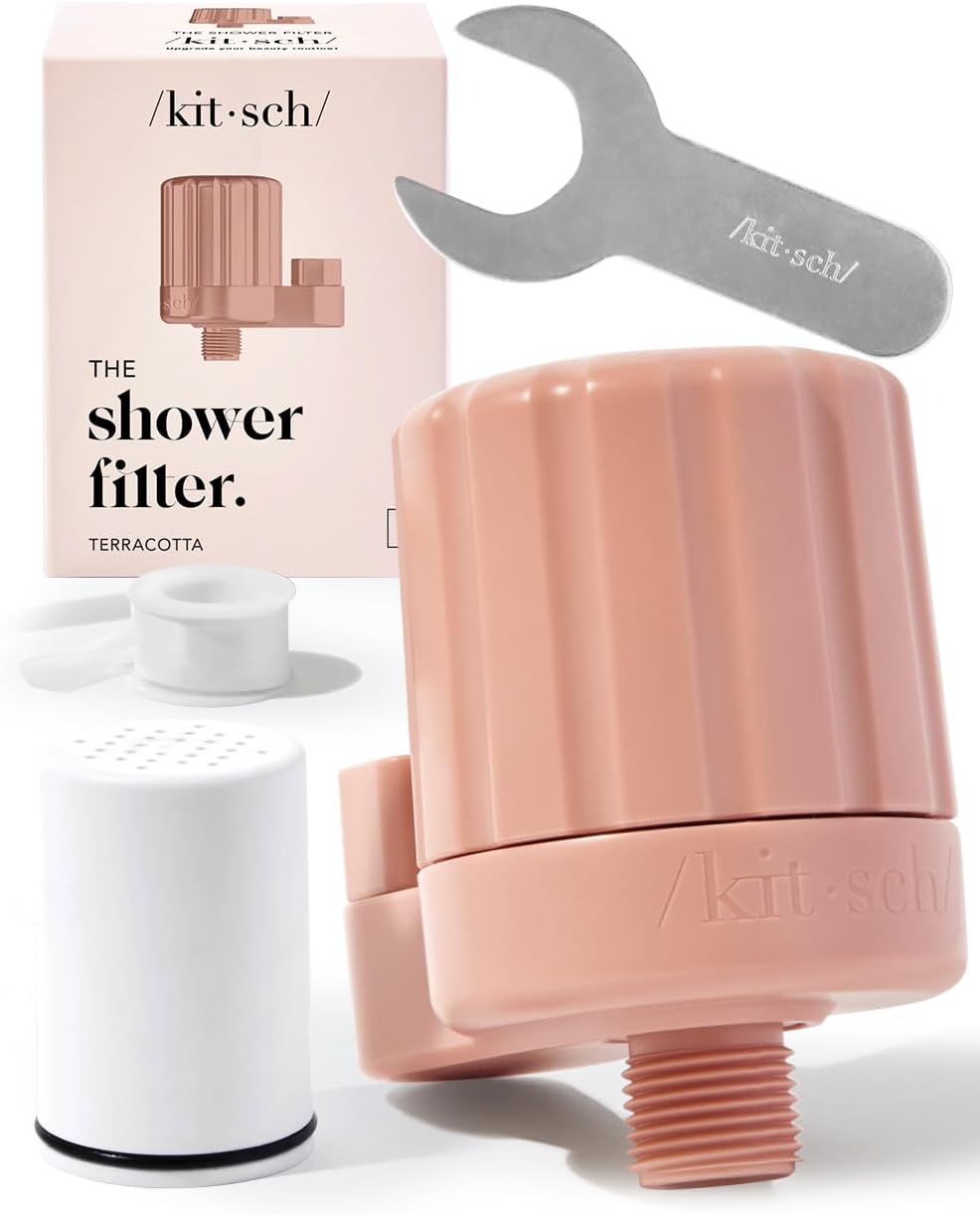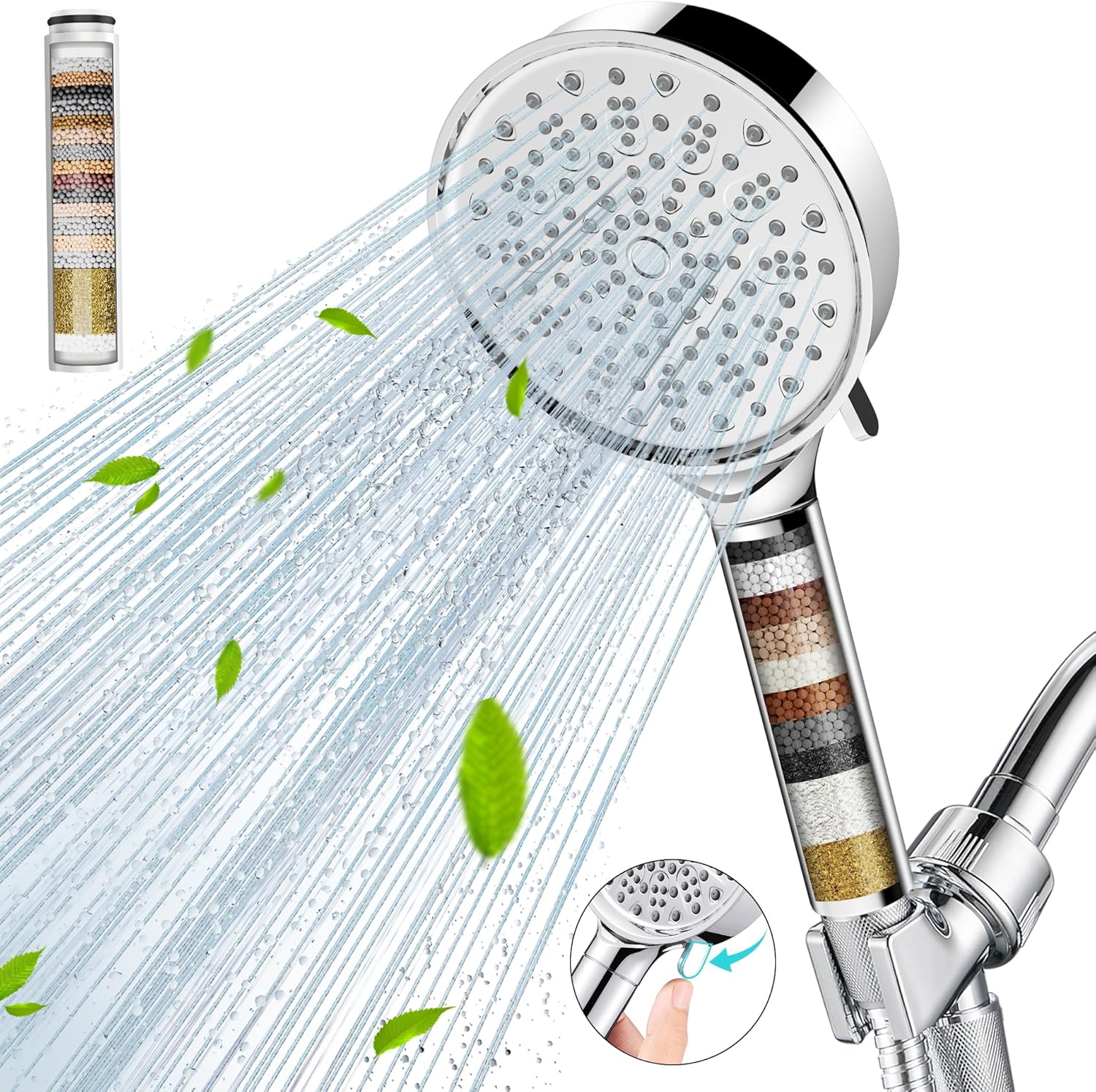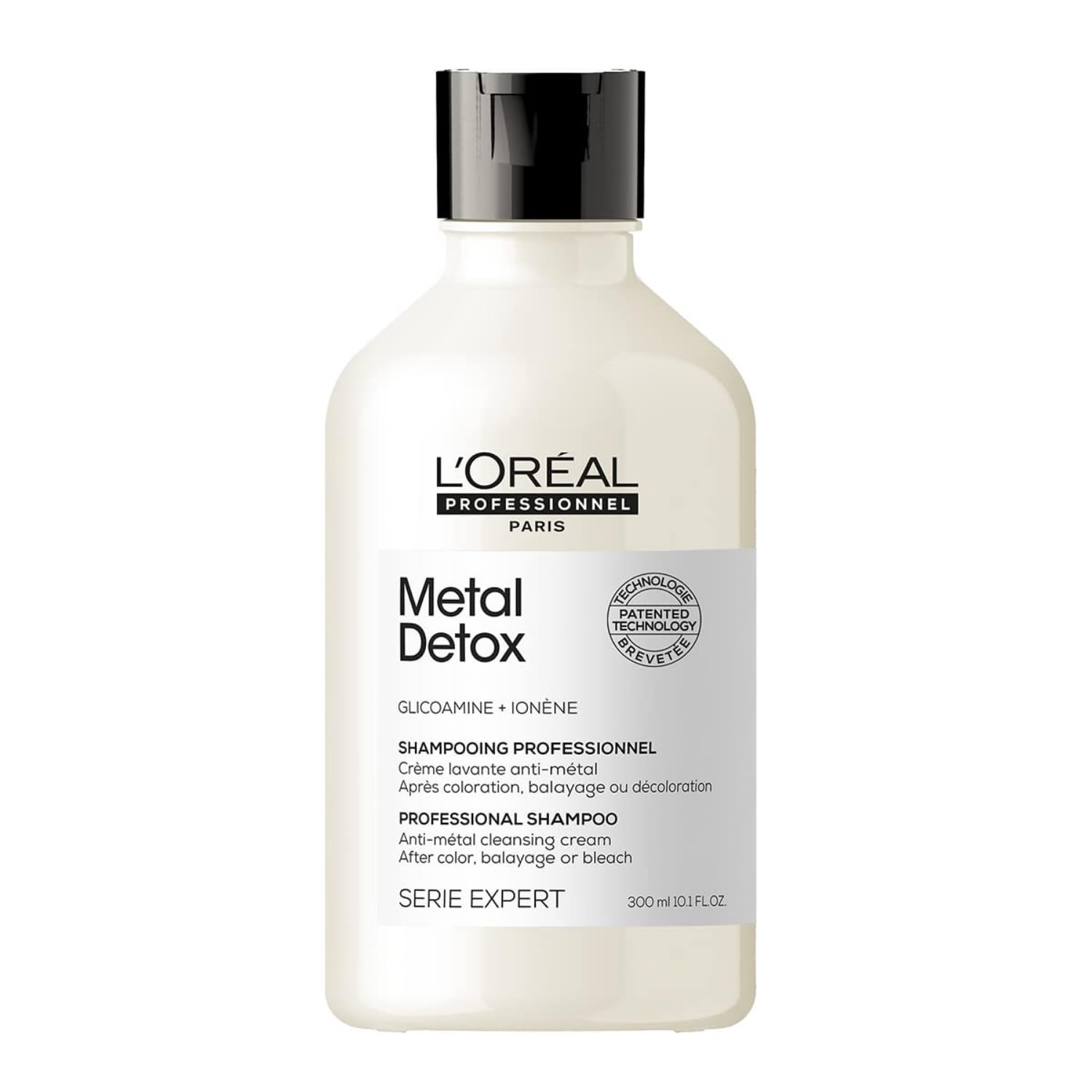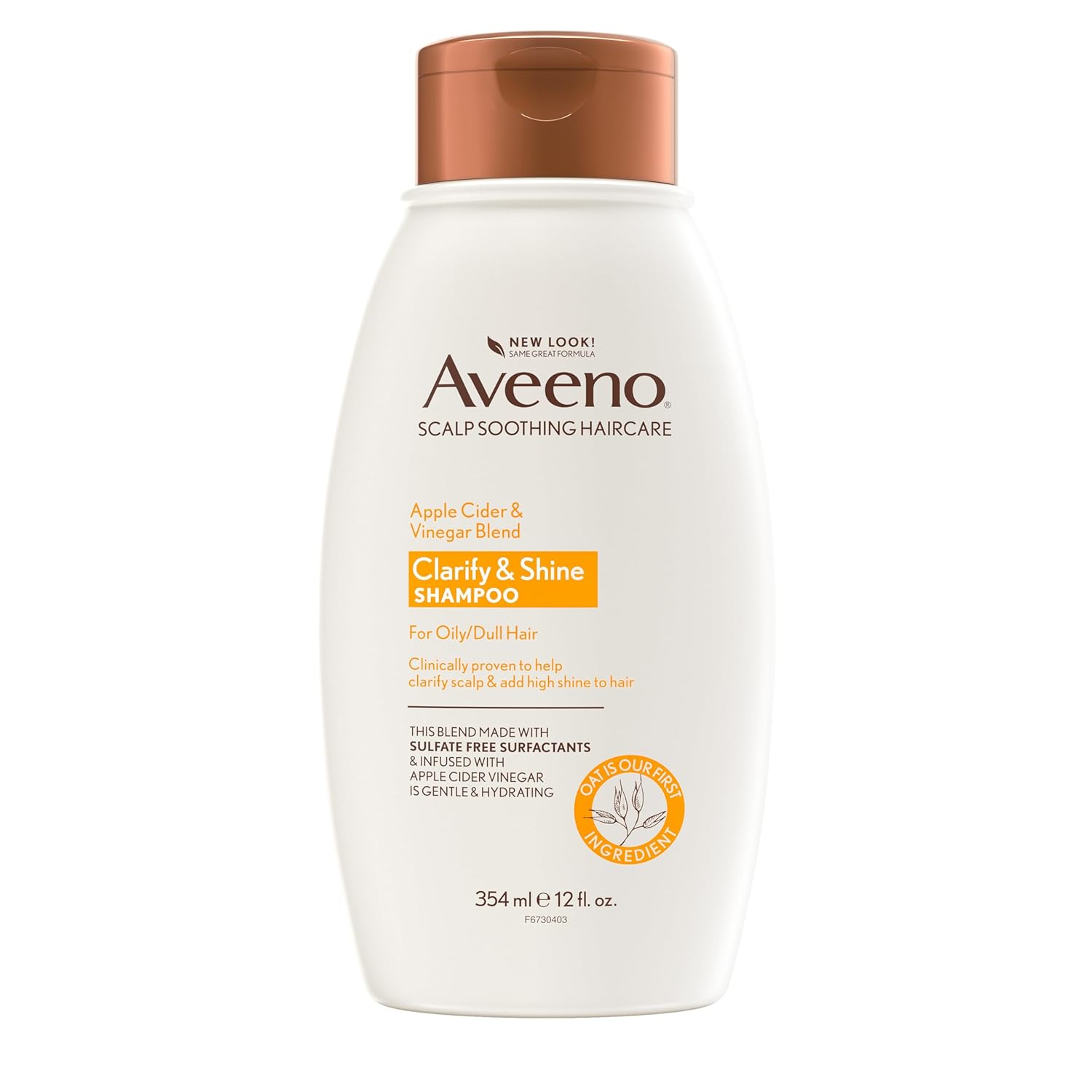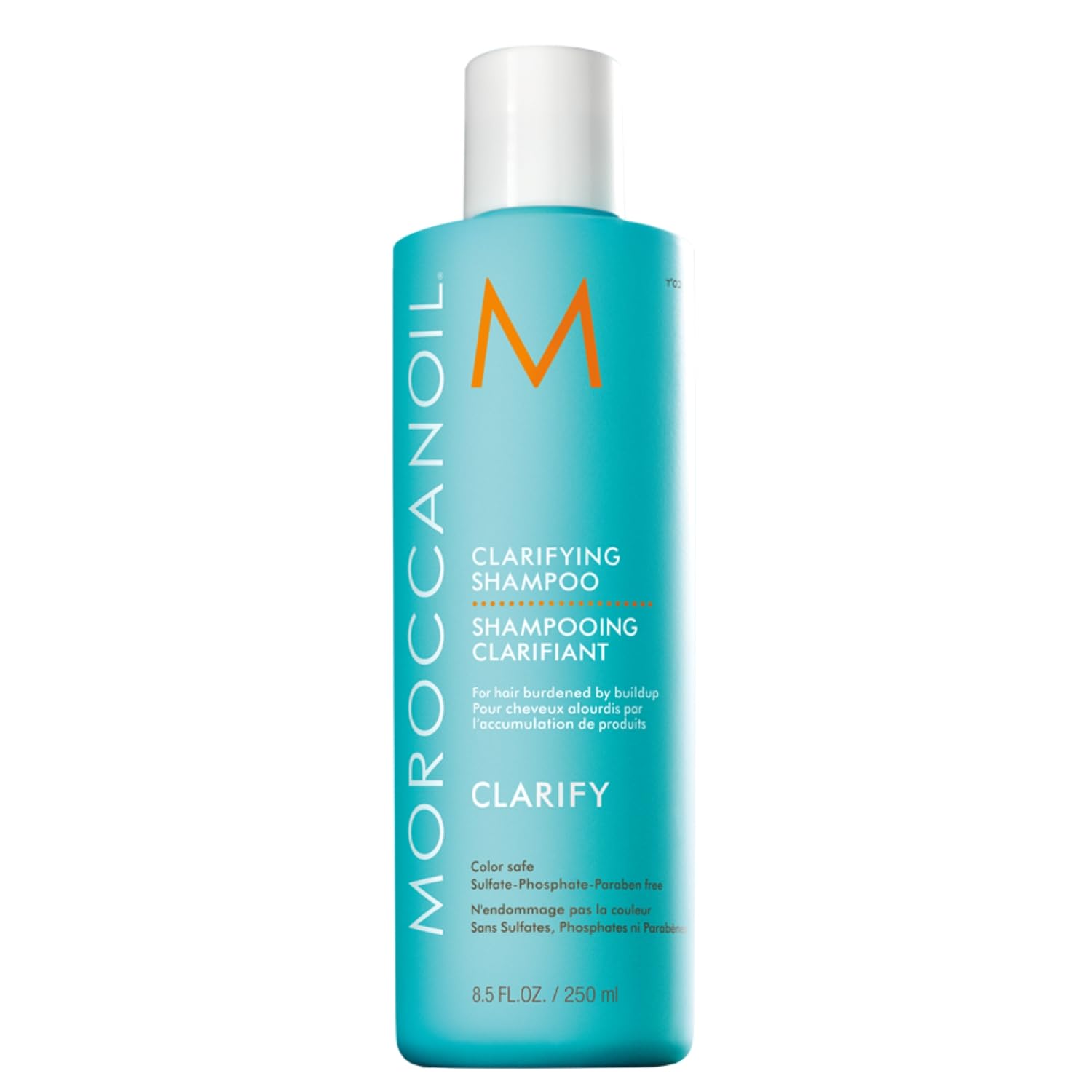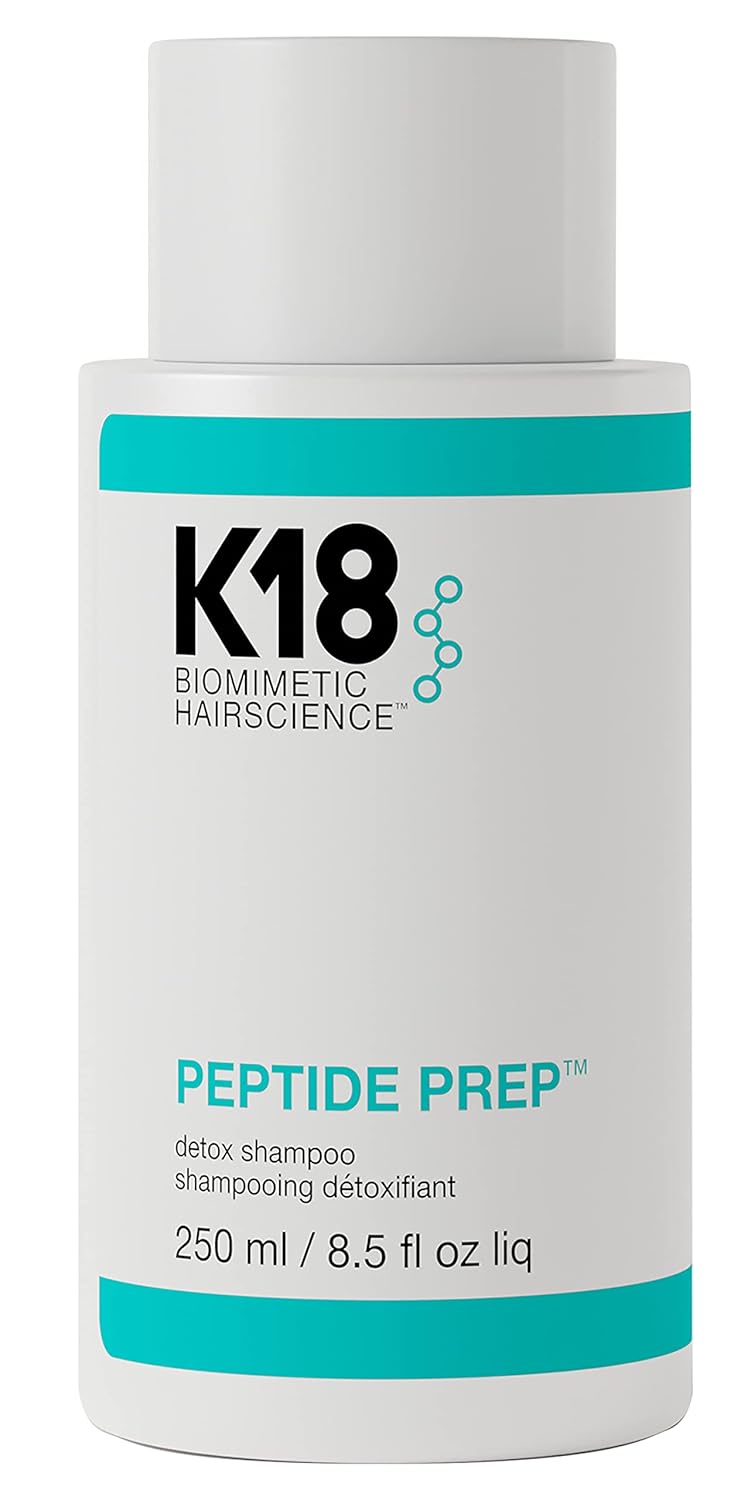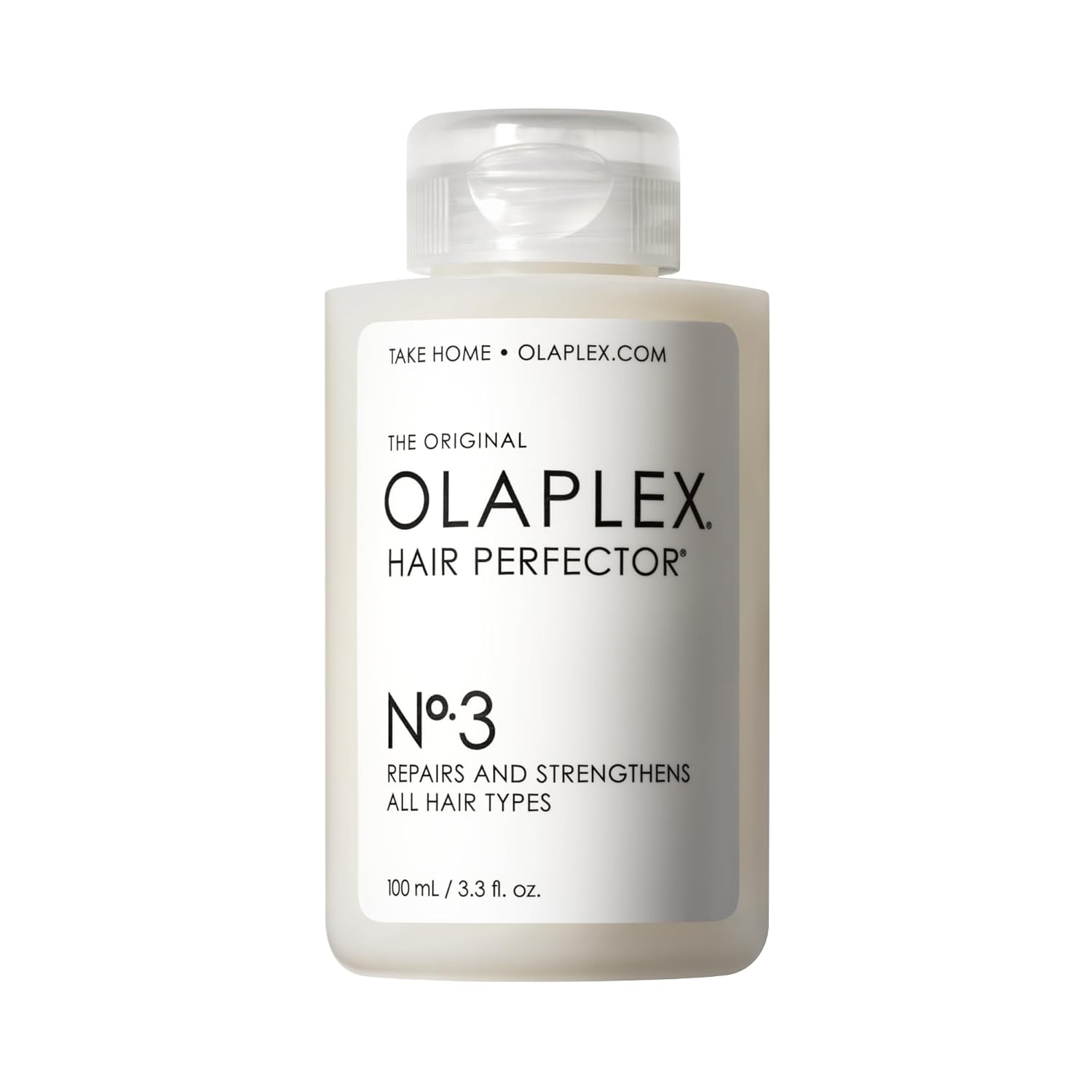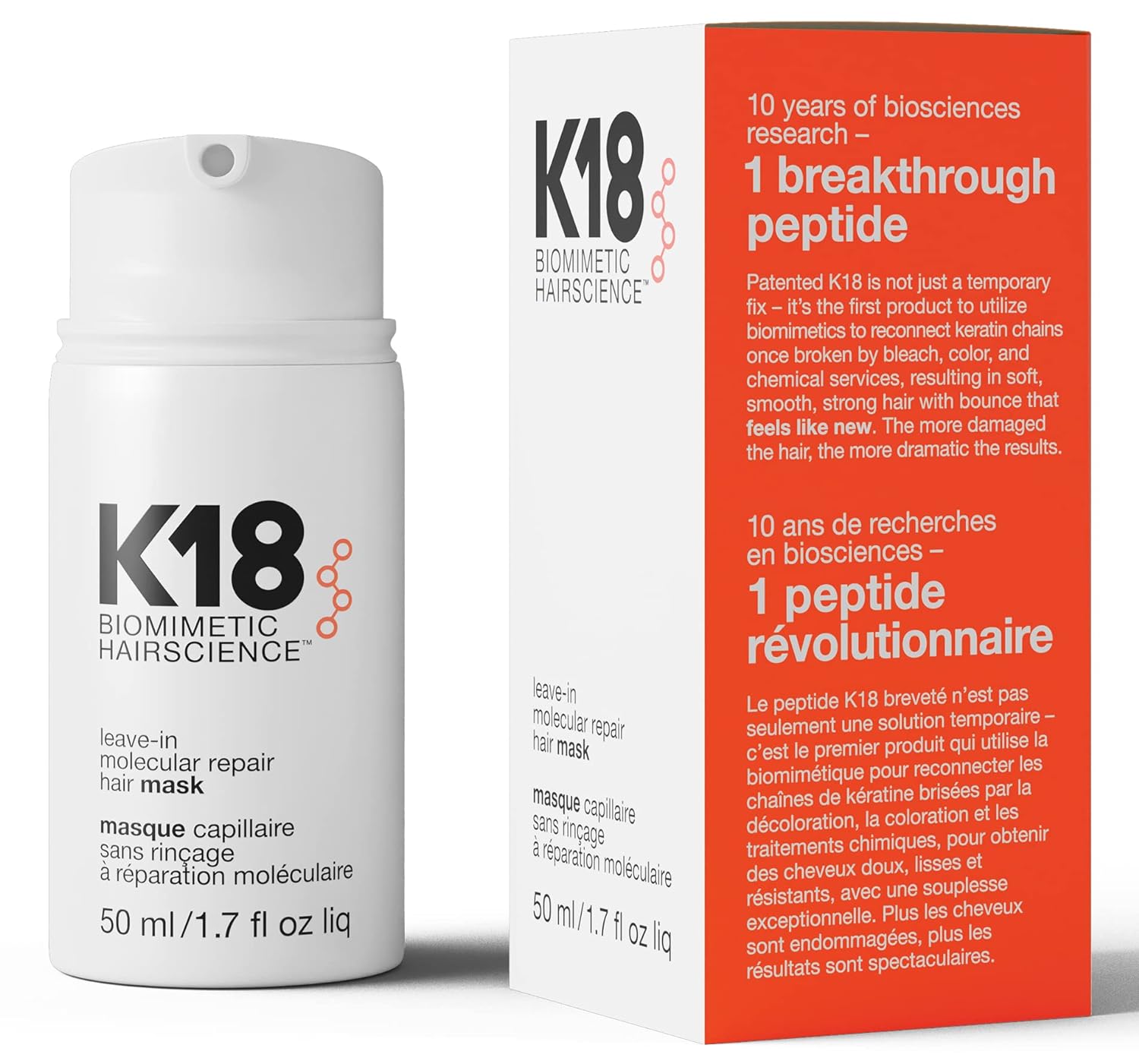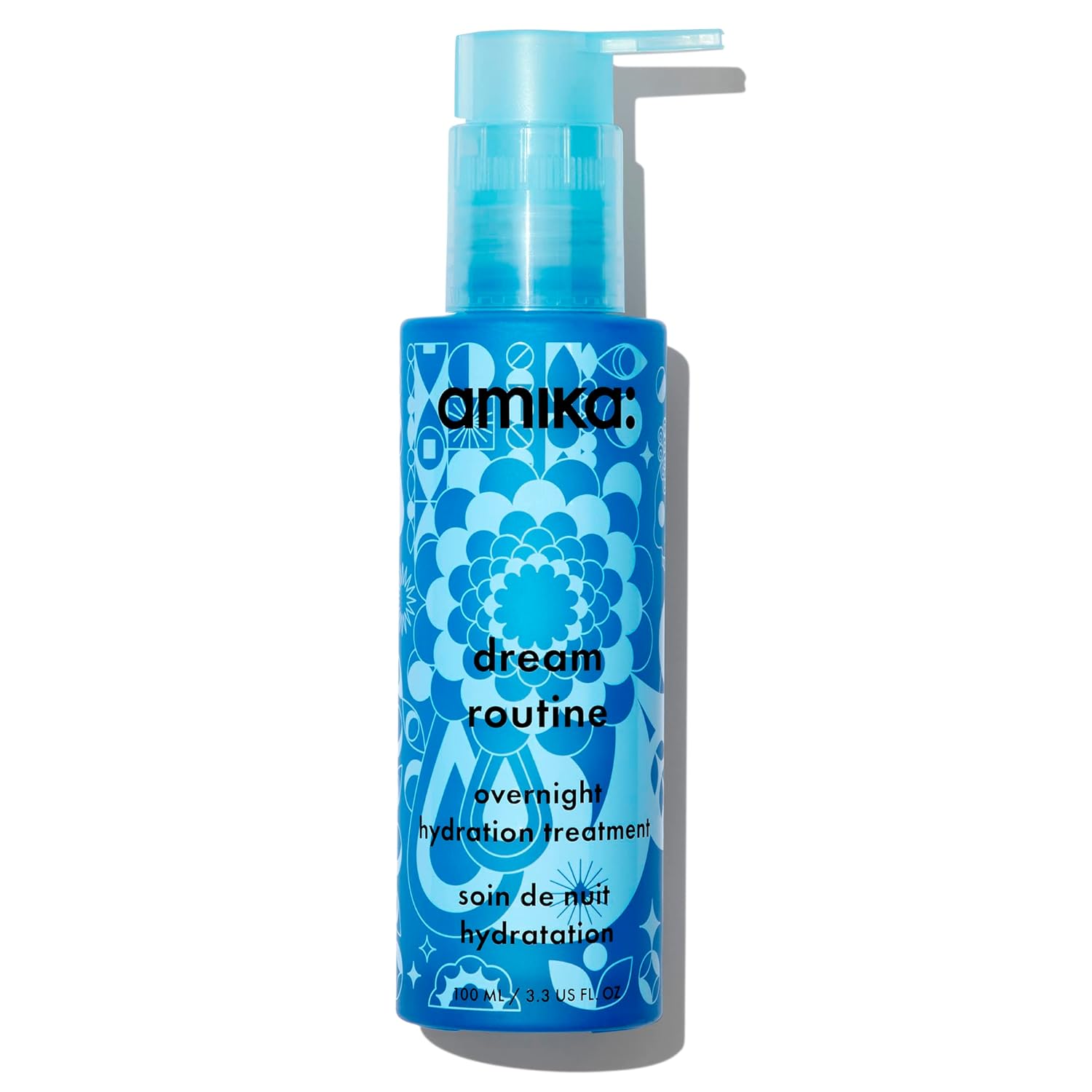8 Signs of Hard Water on Hair (and How to Solve Them!)
Read this article to discover everything you need to know about the effects of hard water damage on your hair, plus how to fix them.
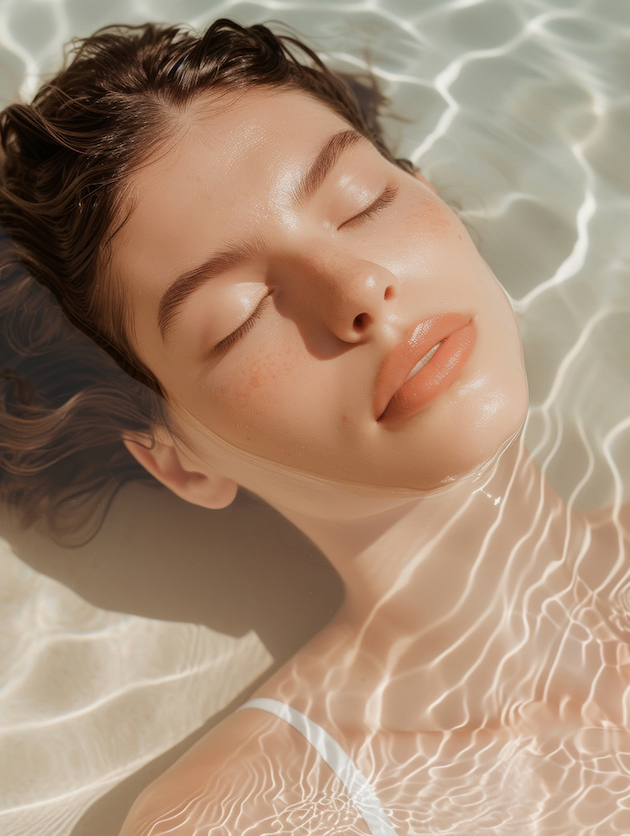
If you’ve arrived at this page, you may have been battling hair issues for some time and come to the conclusion that hard water could be to blame. You’re not alone. Although it sounds like a convenient excuse to blame water for our bad hair days (and years!), there are many environmental factors affecting our hair health and hard water is very much one of them.
Find my quick fix recommendation below, or read on for the low-down on the effects of hard water on hair.
This beautiful filter does the job without ruining your bathroom aesthetic. It works for all shower types, comes in a variety of colors, and is super easy to set up.
In this article
Signs of hard water hair damage
How to reduce hard water hair damage
How to identify hard water in your home
What is hard water?
Hard water is the term used to describe water that contains high concentrations of dissolved minerals such as calcium and magnesium. Areas with limestone or chalk deposits often have hard water, and it’s also created when groundwater percolates through mineral deposits.
The scale for measuring water hardness is grains per gallon (pgp) or parts per million (ppm). Water is considered “hard” if it has over 7 gpg or 120ppm.
Hard water is common in many regions, particularly in the United States, parts of Europe, and areas with limestone geology. I live in the Middle East and we also have hard water here. Since I moved to the region, I have struggled with many hair issues but it wasn’t until I traveled back to the UK that I realised the water was the cause. On washing my hair back at home, it felt noticeably soft and silky thanks to the soft water- it’s crazy what a difference this made to the health of my hair.
This made me realize that the look and feel of my hair was down to more than just shampoo. To get my hair healthy I would need to invest time and energy into understanding the effects of hard water with high mineral content.
Signs of hard water hair damage
- Dryness
If your hair is suddenly looking parched, this could be due to hard water minerals coating the hair. As calcium and magnesium build up, it creates a barrier, meaning that even if you fork out for a fancy hair mask it won’t be able to penetrate and hydrate. In addition, hard water is notorious for washing away natural oils produced by the scalp, leaving your hair missing essential moisture.
- Brittleness
As well as being dry, you might have noticed your hair is especially brittle. For me this meant my hair looked crispy and almost “wooly” and I was prone to terrible hair breakage when brushing. This effect is caused by hard water weakening the protein structure of hair, making it fragile.
- Split ends
And with dryness and brittleness comes split ends. The trilogy of hair damage shall we say. Of course, it makes sense that dry hair is more prone to splitting. And this is all thanks to the lack of moisture caused by hard water.
- Dullness
Is your hair lacking shine? A build-up of minerals and soap scum can leave the hair looking distinctly lackluster. In addition, roughened cuticles caused by hard water disrupt the surface of the hair and prevent light from reflecting – double whammy.
- Frizz
Another favorite for my hair. Did you know that hard water can increase the frizzifying effects of humidity? As if 80% moisture wasn’t enough to deal with (if you know you know), the minerals in hard water roughen the hair cuticle, making it more susceptible to humid conditions.
- Styling woes
Does your hair seem to repel curls? If your hair isn’t holding styles well, this could also be thanks to the effects of hard water. The minerals affect hair shaft texture and in turn, the efficiency of styling products.
- Scalp irritation
If dandruff is plaguing you, it could be from a lack of moisture caused by hard water. As mentioned, hard water strips the scalp’s natural oils, which can lead to dryness, flakes and scalp issues.
- Color fade
Believe me, there is nothing sadder than seeing your expensive salon hair color fading at the speed of light, and yes, water quality can be to blame. Mineral buildup can create a film that traps color molecules leading to uneven fade. Combine this with cuticle damage and altered PH levels causing porosity, color-treated hair really doesn’t stand a chance!
Hard water solutions for hair
If you identified with some or all of the issues above (like me), don’t worry. The good news is there are ways to solve these problems without packing up and leaving your residence.
- Faucet filter
Your first step should be to add a water filter to your shower. This is a tried and tested way to remove or reduce minerals like calcium and magnesium and make your water softer. If you want to go this route, there are a few different options.
Faucet filters are easy to install and fix onto your existing shower faucet to filter out impurities. There are so many shower filters on the market but my favourite is below. Remember, you’ll need to change the cartridge every year to keep it working efficiently.
This beautiful filter does the job without ruining your bathroom aesthetic. It works for all shower types, comes in a variety of colors, and is super easy to set up.
2. Showerhead filter
The second option is to choose a showerhead filter. Here, the filter beads are placed in the actual shower head itself, filtering out chlorine, sediment, and limescale before it reaches your hair and skin.
Not only does this shower head soften water with its complex filtration system, but it’s also great to use thanks to its different water pressure modes; choose from rain mode, power massage, and more!
- Whole-house filter
Set up by professionals, these systems filter all the water that flows through the pipes in your entire home. The company usually send you replacement filters to change, or sometimes the service fee includes maintenance visits so you don’t have to lift a finger. Although more of an investment and financial commitment, this route can work well if you also want purer water from your taps to drink and brush your teeth.
- Clarifying or “chelating” shampoo
Whatever you call it, a shampoo that deep cleans and removes mineral build-up will improve your hair health – think of it as a detox for your hair strands.
But in my opinion, not any clarifying shampoo will do. Some are extremely harsh, and in stripping your hair of residue, also remove all natural oils leaving your hair dry and your scalp tight. Personally, as someone with colored hair, I would always opt for sulphate-free formulas, even in this category of shampoo. These are the brands that I constantly return to.
This shampoo was designed with hard water in mind, and is an excellent choice to give your hair a thorough clean and remove any buildup of minerals. I would recommend using it 2-3 times a week to keep your hair fresh.
This is a great option if you’re on a budget. It deeply cleanses without that ‘squeaky” tight feeling and rinses clean leaving hair shiny. It doesn’t smell of vinegar so don’t let that put you off!
I’m a longtime Moroccanoil user, and I really rate the shampoos and conditioners - they all have that enveloping, comforting hydration, and rich scent. This shampoo is a good option for dry, curly hair types.
I recently tried K18 in the salon and I’m a convert! There is a lot of science behind this brand (I’ll save that for another post) but all you need to know is this shampoo will leave your hair feeling soft and strong. Just make sure to follow with a hydrating hair mask as it gives quite a powerful clean.
5. Apple cider vinegar rinse
I should begin by saying, I have not personally tried this. But it came up during my research so I thought I would include it as it’s probably worth a try if you have some apple cider vinegar knocking around in your store cupboard. Vinegar rinses are said to remove mineral buildup, restoring your hair and scalp PH level leaving you with shiny, swishy locks.
All you have to do is make a hair rinse by combining 1 part apple cider vinegar with 2 cups of water. Wash you hair with your regular shampoo, and then pour or spray the mixture over your hair and scalp. Leave it on for 5-10 minutes and then do your final rinse with cool water.
6. Lemon juice rinse
You can follow the same process with lemon juice to balance your hair’s PH level and reverse the adverse effects of hard water. Again, I haven’t tried this but if you have lemons in your fruit bowl you can give it a go by mixing fresh lemon juice from 1-2 lemons with a cup of water. Apply the mixture to shampooed hair and leave for 5-10 minutes before rinsing. If anyone has tried this please let me know if it’s effective!
Treating the damage
Once you’re set up with your shower filter and detox shampoo, you should see a massive difference in the condition of your hair. But what if the damage is already done? Personally, I feel that traditional hair masks alone are not making enough of a difference anymore. Instead, I look for a targeted deep conditioning treatment to repair and improve the structure of the hair cuticle. These are a few haircare products that I feel actually help:
My old faithful Olapex makes my hair feel stronger. It’s a pre-wash treatment, so I like to apply it before the gym, or overnight, to let it work its magic.
I was wowed by the difference this product made. Apply a small amount to your hands and run through damp hair before blow drying - it leaves hair transformed and silky. Truly amazing.
I got this as a Sephora freebie and went back for the full-size. It’s a fragranced cream you apply before bed, almost like a night cream for hair. It sinks in as you sleep and you wake to smooth, shiny locks.
To conclude
There’s no doubt that the hardness of the water in your local area can have a big impact on your hair health, but thankfully with the right water softener systems and hair care products, we can minimize the impact. I’d love to hear more about what you’ve tried and what works for your hair.
Not sure if you live in a hard water area? Here’s a quick test you can do at home to check.
How to identify hard water in your home
Need hard evidence of hard water? If your hair condition isn’t proof enough, there are other ways to confirm if you have hard water at home. Of course you could check local water quality reports, but there is also a DIY test that will reveal hard water.
You need:
Liquid dish soap (standard not moisturizing)
White vinegar
Two clear jars or glasses
The test:
Step 1: Fill one jar with tap water and the other jar with distilled water
Step 2: Add a few drops of dish soap to each jar and shake or stir
Step 3: Check the jars for lather. If the tap water does not lather well (instead producing foam or staying cloudy) this indicates hard water. The distilled water should lather easily.
Step 4: Next, add a few tablespoons of vinegar to the tap water. If you notice bubbles or fizzing, this is a sign there is calcium and magnesium ions, which are responsible for hard water.
You might also like:
9 best sunscreens for Tretinoin users

